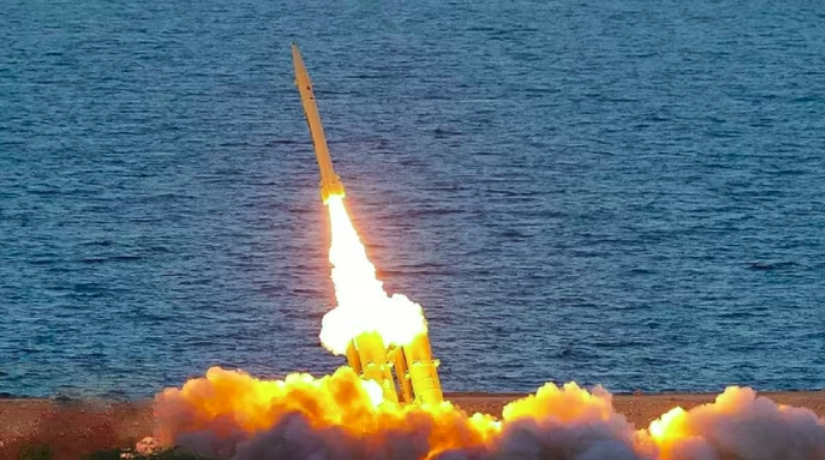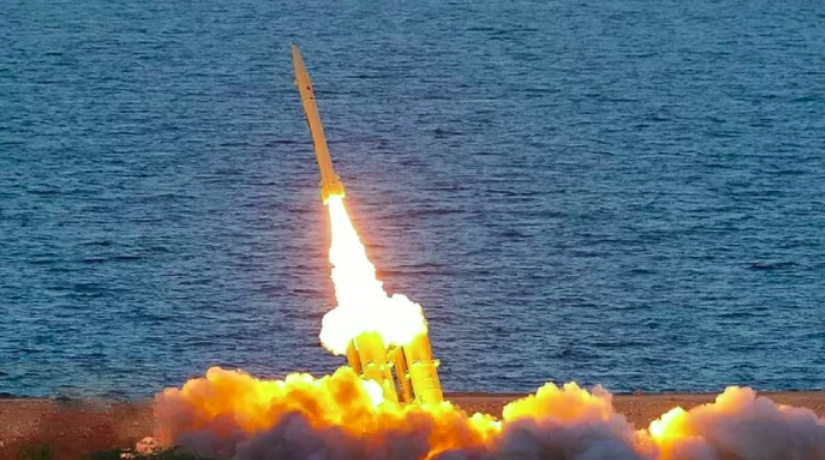EU imposes new sanctions on Iranian firms and officials over Russia missile transfers
The restrictive measures targeted companies and officials involved in supplying drones and missiles to Russia amid recent reports of Iran delivering hundreds of Fath-360 ballistic missile systems to Russia for its war in Ukraine.


The Council of the European Union has adopted new restrictive measures against seven Iranian individuals and seven entities in response to Iran’s transfer of missiles and drones to Russia, according to a statement from the EU Council.
This came after the European intelligence sources claimed that Iran was training Russian personnel on Fath-360 ballistic missile systems and preparing to deliver hundreds of them to Russia. While the Iranian President Masoud Pezeshkian denied these allegations, the intelligence sources and statements from other Iranian officials suggested that the shipments have actually taken place.
EU condemned Iran’s missile transfers to Russia, deeming them a direct threat to European security, according to the EU Council.
The sanctions target those responsible for developing and transferring unmanned aerial vehicles (UAVs), missiles, and related technology to Russia. The measures also extend to entities supporting armed groups that undermine peace and security in the Middle East and Red Sea region.
The sanctions impose an asset freeze and travel ban to the EU on those listed.
Among those sanctioned are three Iranian airlines – Saha Airlines, Mahan Air, and Iran Air – accused of transferring Iran-made UAVs and related components to Russia. Two procurement firms involved in supplying these technologies have also been designated, as well as two companies producing propellant for rockets and missiles.
High-ranking Iranian officials are also included in the sanctions list
- The Deputy Defence Minister of Iran Seyed Hamzeh Ghalandari
- prominent officials of the Islamic Revolutionary Guard Corps Qods Force (IRGC-QF)
- IRGC Khatam al-Anbiya Central Headquarters
- IRGC Aerospace Force Space Division
- the managing directors of the Iran Aircraft Manufacturing Industries (HESA) and Aerospace Industries Organization (AIO).
The Council’s decision aligns with the EU’s broader strategy to restrict Russia’s access to sensitive battlefield technologies by targeting third-country entities that enable circumvention of existing sanctions.
Tehran has also been accused of supplying drones, particularly Shahed drones, to Russia used for attacks on Ukrainian civilians and energy infrastructure.
Related:
- Iranian president seeks Ukraine peace talks, denies missile shipments to Russia
- Iranian MP confirms missile shipments to Russia, defying official denials
- Reuters: Iran delivers crucial missiles to Russia without launchers, sources say
- Iran’s missile transfer to Russia deepen strategic ties amid US sanctions, expert says



